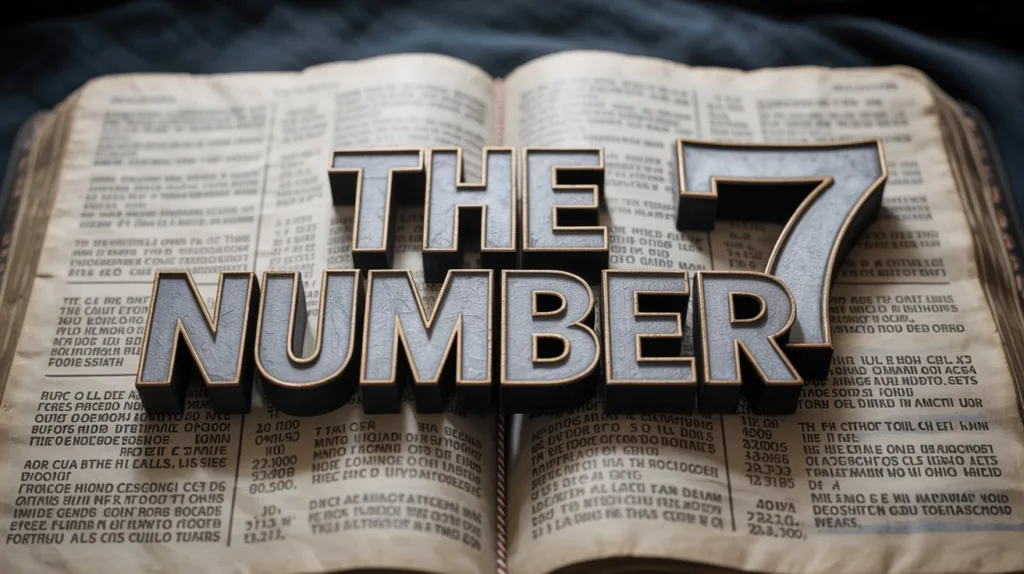Droughts in the Bible are often associated with divine judgment, discipline, or a call to repentance. They are used by God to reveal spiritual barrenness, dependence on Him, and the consequences of disobedience.
In the Old Testament, droughts were literal and devastating. They affected crops, livestock, and the very survival of communities. Yet, they were also deeply symbolic. Deuteronomy 28:23–24 warns Israel of the covenant curses for disobedience:
“And your heavens which are over your head shall be bronze, and the earth which is under you shall be iron. The Lord will change the rain of your land to powder and dust…”
Elijah declared a drought in 1 Kings 17:1 as a direct act of God’s judgment against the idolatry in Israel during Ahab’s reign:
“There shall not be dew nor rain these years, except at my word.”
This drought lasted three and a half years and demons/”>demonstrated God’s control over the elements. It also highlighted the futility of Baal worship, since Baal was supposed to be the storm god.
Jeremiah 14 also describes a drought, linking it to national sin. Jeremiah pleads:
“O Lord, though our iniquities testify against us, do it for Your name’s sake… Can any of the idols of the nations cause rain?” (Jeremiah 14:7,22)
In the New Testament, droughts are not as prominent, but the spiritual meaning remains. Drought can picture dryness of soul, lack of fruitfulness, and distance from God.
Amos 8:11 describes a different kind of drought:
“Not a famine of bread, nor a thirst for water, but of hearing the words of the Lord.”
This spiritual drought is far more severe. It warns that when people reject God’s truth, even the opportunity to hear it may be withdrawn.
Droughts in Scripture are calls to seek God, repent, and trust Him as the sole source of life, both physically and spiritually.





 Get the book that teaches you how to evangelize and disarm doctrines from every single major cult group today.
Get the book that teaches you how to evangelize and disarm doctrines from every single major cult group today.